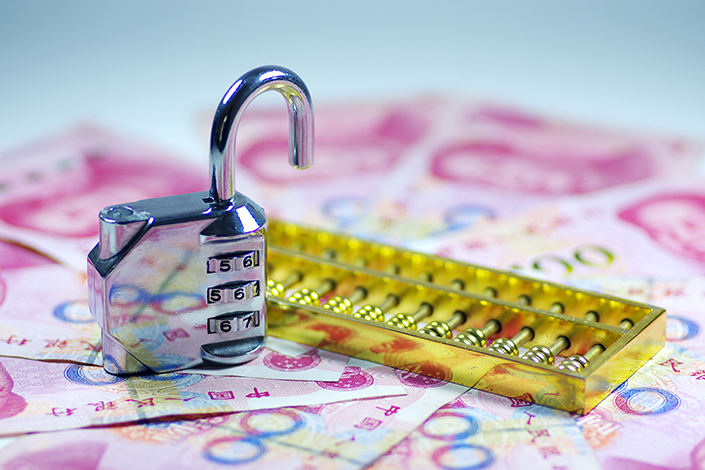China Moves Again to Rein in Insurers

(Beijing) — China’s insurance regulator on Thursday proposed more-stringent rules to restrict share sales by shareholders of insurers — an attempt to clean up the opaque but fast-growing industry.
The China Insurance Regulatory Commission (CIRC), in its second revision of draft rules in seven months, said it is considering imposing longer lockup periods for shareholders.
Under the new proposal, controlling shareholders, who are defined as owning a stake of 30% or more, are not allowed to sell their stake within five years, up from the three years proposed previously. Strategic shareholders, or those who own a stake of at least 15% but less than 30%, cannot offload within three years, up from two years previously.
Shareholders with a stake of at least 5% but less than 15% are subject to a lockup period of two years, and one year for those with a stake of less than 5%. This is also different from the previous proposal, which would have imposed a one-year lockup for shareholders with a stake of less than 10%.
The previous review of the draft rules was made public in the last week of 2016. This second-round public consultation will end on Aug. 21. It is not known when the new rules will become effective.
An opaque shareholding structure is plaguing the insurance industry, which has been experiencing a stellar expansion in recent years, the regulator said earlier. Spurred by the launch of innovative but risky products, many of the smaller, more-nimble insurers fought to gain market share and boost their assets and profits.
However, their corporate-governance level has not caught up with their size. Their controlling shareholders, often hidden behind opaque ownership structures, started to use the companies as their personal cash machines to fund aggressive investments, including hostile takeover bids for listed companies in concert with other investors.
Anbang Insurance Group Co., a homegrown private insurer, is a case in point. The owner of the Waldorf Astoria New York landmark hotel, Anbang saw the number of its shareholders increase from seven to 39, while its registered capital ballooned by September 2014 to 61.9 billion yuan, or $10 billion at the time, according to a previous article published by Caixin. Behind the swelling capital are a series of complicated transactions that form a maze of capital flow involving more than 100 companies, all linked to the company’s then-chairman, Wu Xiaohui, who stepped down for undisclosed reasons.
Contact reporter Dong Tongjian (tongjiandong@caixin.com)

- 1Cover Story: China Carves Out a Narrow Path for Offshore Asset Tokenization
- 2Drownings Shake Chinese Enthusiasm for Travel to Russia
- 3Over Half of China’s Provinces Cut Revenue Targets
- 4Li Ka-Shing’s Port Empire Hit by Forced Takeover Amid Panama Legal Dispute
- 5In Depth: China’s Mutual Fund Industry Faces Overhaul After a Banner 2025
- 1Power To The People: Pintec Serves A Booming Consumer Class
- 2Largest hotel group in Europe accepts UnionPay
- 3UnionPay mobile QuickPass debuts in Hong Kong
- 4UnionPay International launches premium catering privilege U Dining Collection
- 5UnionPay International’s U Plan has covered over 1600 stores overseas





